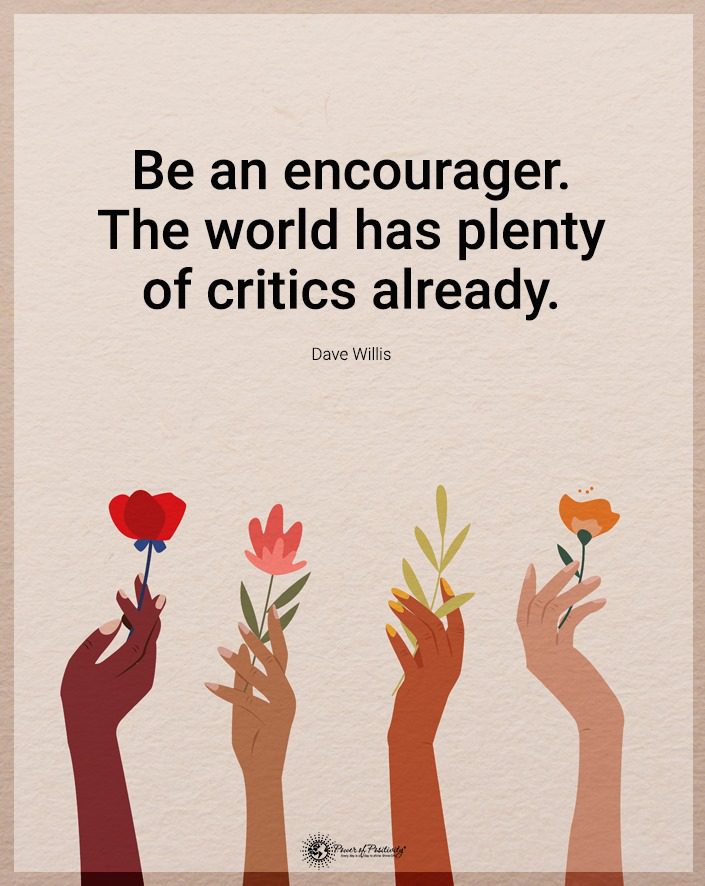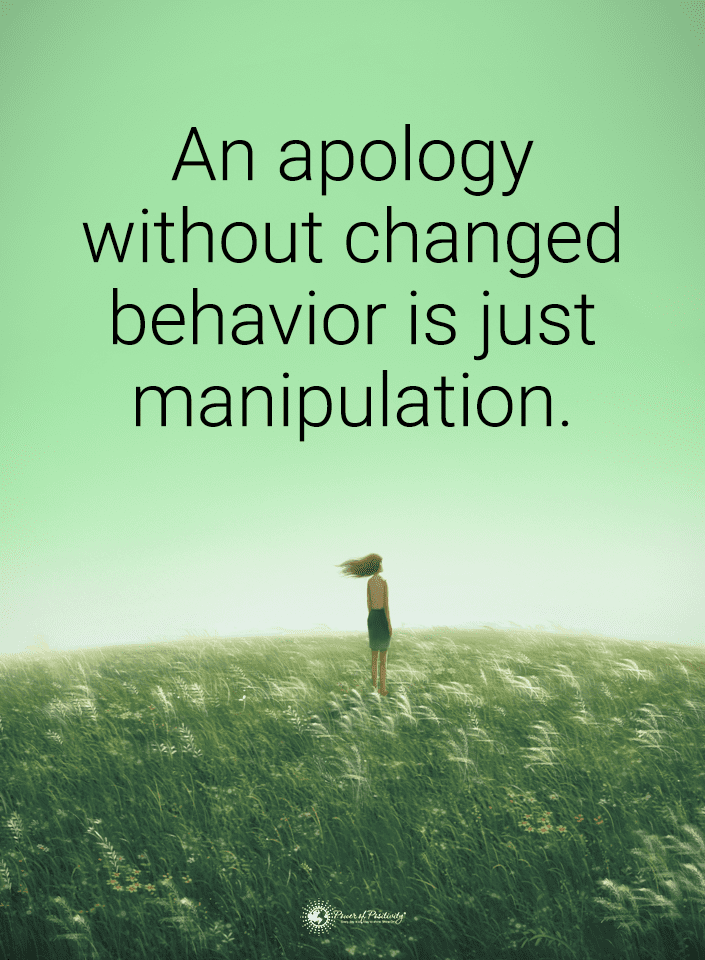Here are some ways to cope with his jealousy.
Navigating a relationship with a jealous boyfriend requires understanding, open communication, and effective coping strategies. Like an unpredictable storm, jealousy can shadow even the sunniest relationships, leaving both partners navigating the turbulent waters of insecurity and mistrust. Yet, it’s important to remember that relationships are not bound by their challenges but by how they are addressed.
In this article, you’ll explore strategies to handle a jealous partner by delving into the intricacies of jealousy within a romantic context. Understanding your jealous boyfriend is a critical component of this journey, and we will offer insights into effective coping strategies and open communication techniques. We are here to guide you through this transformative process.
NOTE: This article reveals the coping mechanism for better managing jealousy in a male. Women, too, can be jealous. But we cover them separately because female jealousy may manifest a little differently.
The Underlying Causes of a Jealous Boyfriend
Looking into the root causes behind jealousy can unveil many factors, many of which are rooted in deep-seated insecurities. While jealousy can manifest differently in each individual, it often stems from a fear of inadequacy or the perceived threat of losing the affection and attention of a loved one.
These male insecurities in jealous boyfriends may be triggered by past experiences or personal insecurities about self-worth, which can then become projected onto the relationship. By unraveling the intricate web of emotions and insecurities that underlie jealousy, we can develop strategies to foster healthier, more secure relationships. Understanding the causes of male jealousy is crucial in nurturing trust, communication, and emotional well-being within the partnership.
10 Ways to Build Trust in a Jealous Boyfriend
1. Open Communication
Honest conversations with your jealous boyfriend are pivotal in addressing jealousy and fostering trust. Open communication allows both partners to share feelings and concerns. Active listening, validation, and avoiding blame are essential for clarity and understanding. It is necessary to create a place where both partners can share their feelings, concerns, and insecurities without judgment. Tips for fostering understanding and clarity include actively listening to each other, validating feelings, and refraining from accusations or blame. These honest conversations help gain insights into each other’s perspectives and nurture trust, strengthening the relationship.
2. Acknowledge His Insecurities
Tackling relationship insecurities with empathy and reassurance is crucial to dealing with jealousy healthily. Addressing and pacifying your jealous boyfriend’s doubts is vital, demonstrating your commitment to the relationship. Simple yet powerful words and actions can convey reassurance. Remind your jealous boyfriend of your love and devotion, offer affirmation, and actively engage in activities that strengthen your bond. Show consistency in your actions and provide emotional support during times of insecurity. By proactively addressing and soothing his doubts, you can create an environment of trust and emotional security, contributing to a more harmonious and jealousy-free relationship.
3. Set Healthy Boundaries With a Jealous Boyfriend
Establishing relationship boundaries is vital to managing jealousy and nurturing a healthy partnership. It’s essential to emphasize setting clear limits to create a foundation of trust and respect. Both partners should openly discuss their boundaries, ensuring they meet each other’s needs and expectations. These boundaries should promote mutual respect, allowing each person to maintain their individuality while fostering a strong connection. By establishing and adhering to healthy boundaries, you can create a secure and balanced relationship where jealousy finds less room to take root, leading to a more harmonious and fulfilling partnership.
4. Encourage Trust-building Activities
Activities to build trust are essential in overcoming jealousy and strengthening the foundation of a relationship. Shared experiences can foster a deeper connection and reassure both partners of their commitment. Consider engaging in trust-building activities such as teamwork exercises, trying new hobbies together, or embarking on adventures that require mutual reliance. These activities help make memories and provide opportunities to understand each other’s strengths and weaknesses. As trust flourishes through these shared experiences, jealousy tends to recede, paving the way for a more secure and harmonious relationship.
5. Avoid Secrecy Around a Jealous Boyfriend
The value of transparency in relationships cannot be overstated when addressing jealousy. Concealing or hiding information from a jealous partner boyfriend can lead to many problems, including heightened suspicions and insecurity. It’s vital to understand that secrecy often fuels jealousy, as it fosters feelings of mistrust and suspicion. By contrast, partners should strive to maintain a safe space where they feel comfortable sharing their thoughts, concerns, and experiences without fear of judgment. Open and honest communication helps build trust, reassuring that there are no hidden agendas or secrets. In a relationship characterized by transparency, jealousy finds fewer footholds, allowing for a more harmonious and trusting connection to flourish.
6. Educate on Healthy Relationships
Educating on healthy relationships is a proactive approach to addressing this issue with your jealous boyfriend. Partners should openly explore the traits of a healthy relationship, emphasizing the importance of mutual respect, effective communication, and emotional support. Encouraging each other to learn about healthy relationships through books, workshops, or counseling can provide valuable insights and tools to navigate challenges, including jealousy. Proactively seeking knowledge and fostering a deeper understanding of a healthy relationship lays the foundation for a more harmonious and jealousy-free partnership.

7. Attend Couple Therapy
Couples therapy benefits are invaluable when dealing with jealousy and other relationship challenges. Seeking professional help offers a structured and supportive environment where couples can address issues effectively. In therapy, couples can explore the root causes of jealousy, improve communication, and learn coping mechanisms to navigate conflicts. Couples therapy helps resolve immediate issues and equips partners with valuable skills to maintain a robust, jealousy-free connection. When jealousy threatens to strain a relationship, attending couples therapy can be a proactive and constructive step toward healing and growth.
8. Ensure Personal Independence
Maintaining personal independence is a fundamental aspect of a healthy and jealousy-free relationship. It’s crucial to emphasize the importance of individual spaces, hobbies, and activities within the partnership. Personal freedom enriches an individual’s life and positively impacts the relationship as a whole. It allows partners to pursue their interests, fostering personal growth and fulfillment. When both individuals in a relationship maintain their sense of independence, it reduces the likelihood of jealousy and insecurity taking root. Encouraging personal independence strengthens the bond between partners and creates a more harmonious and balanced partnership.
9. Discuss Past Experiences With Your Jealous Boyfriend
Discussing the impact of past relationships is a crucial step in understanding and addressing the insecurities of your jealous boyfriend. It involves exploring whether past traumas or experiences contribute to feelings of insecurity or mistrust. These conversations require a foundation of empathy and compassion, as discussing past relationships and their impact can be emotionally charged. When both partners can openly share their past experiences and any residual emotions, you lay the groundwork for healing and growth. Understanding the influence of past relationships and traumas on present dynamics allows for greater insight and empathy, leading to a deeper connection and the opportunity to work together to alleviate jealousy and build trust.
10. Avoid Comparisons
Avoiding comparisons is crucial in nurturing a healthy, jealousy-free relationship. The dangers of comparing your current partner to ex-partners or others are manifold—it can breed insecurity, erode trust, and trigger jealousy. Staying mindful of your thoughts and words is essential to prevent unintentional comparisons. Instead of dwelling on past relationships, appreciate your partner’s unique qualities and strengths. Communicate openly and express your love and admiration for who they are as an individual. When you prioritize the present relationship and cherish its distinct qualities, you create a more secure and jealousy-resistant partnership. Stepping away from the dangers of relationship comparisons fosters a deep connection based on trust and mutual respect.
11. Foster Mutual Growth
Growing together in relationships and moving forward with jealousy go hand in hand when the focus is on fostering mutual growth. Engaging in activities and exercises encouraging personal and relationship development can be transformative. Pursuing shared goals, whether they involve fitness, education, or personal aspirations, can strengthen your connection and offer a sense of accomplishment. Equally important is the significance of evolving together; as individuals change and grow, the relationship should adapt and thrive alongside. Communication is key in this process, allowing both partners to express their desires and ambitions. When you and your jealous boyfriend prioritize mutual growth, you minimize jealousy and create a relationship characterized by continuous progress and shared fulfillment.
12. Recognize When It’s Time to Move On
Knowing when to end a relationship with a jealous boyfriend is vital when jealousy becomes too toxic. While every relationship has its ups and downs, it’s crucial to identify when jealousy has reached a point where it jeopardizes personal safety and well-being. Toxic, jealous boyfriends can manifest as controlling, emotionally abusive, and threatening. When these warning signs emerge, it’s imperative to prioritize your own safety and mental health. Recognize that no one should endure a relationship marked by fear and insecurity. Ending a relationship plagued by excessive jealousy is a complex but necessary step toward reclaiming your autonomy and emotional well-being. Seek support from friends, family, or professionals as you navigate this challenging transition, and remember that your safety and happiness are paramount.
Final Thoughts on Understanding the Roots of a Jealous Boyfriend
Achieving relationship harmony and building trust in a relationship with a jealous boyfriend is a journey filled with opportunities for growth, connection, and transformation. While jealousy can pose challenges, it can also catalyze self-awareness and personal development. Recognizing and addressing jealousy is a testament to your commitment to one another and your shared desire for a healthy and fulfilling partnership.
The path toward overcoming jealousy is not always straightforward and may require both partners’ effort, understanding, and compromise. However, it’s a journey well worth embarking upon. Through open communication, mutual support, and the implementation of strategies discussed in this article, you can navigate the complexities of jealousy and emerge with a stronger, more resilient bond. Remember that relationships are dynamic, and they evolve.
Take the opportunity to learn and grow together, and view the challenges posed by jealousy as stepping stones toward a more secure and loving partnership. By prioritizing trust, understanding, and the well-being of both individuals, you can cultivate a relationship of respect, deep connection, and lasting love.




















